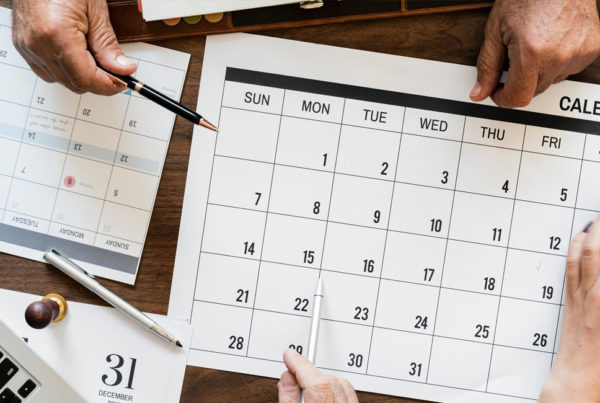What is a Debt Collection Agency and How Does it Work?
A debt collection agency can be very persuasive if you’re not cooperating with them. In other words, you’re not making the payments. In this article, we’ll cover what a collection agency is, how to avoid them, and what to do if you’re already with one.
Debt collection is when a financial account has been sent to a third party for collection. This usually happens after the original lender has spent a certain amount of time attempting to recover the debt themselves. That third party is the debt collection agency that recovers the debt for their client (lender) from the borrower. A debt collection agency can also buy the debt from the lender for an amount significantly less than the original debt. The debt is sold by the original lender in an effort to recoup some of their losses on an unsecured debt.
This debt collection agency then becomes the sole owner of the debt. All money recovered by this company goes to them, not the original lender. It’s usually more cost effective for the lenders to hire the collection agency instead of pursuing payment on the delinquent accounts themselves.
Why Debt Ends Up in Collections
You now know what a debt collection agency is, and how they acquire your debt. But, the real question is, why does your debt end up in collections? Well, it’s a long road that usually starts after 30 days of the due date on which the debt should’ve been paid. The overdue payment is then usually reported as delinquent, and you start to get calls and notices asking for the payment. This is also the time this debt begins negatively affecting your credit.
If you ignore these calls and notices, typically after 180 days the lender considers your account insolvent. This lender could be a bank, medical provider, or a credit card company. This is where the lender either hires a debt collection agency to recover the payment or sells the debt to the agency. That’s how your debt ends up in collections, and why these agencies are so aggressive in recovering the debt.
How to Recover From Debt Collection – Options for Debt Help Collections:
When it comes to recovering from debt as a borrower, there are three things you can do that may help you get out.
Creating a payment plan: You can always comb through your personal finances and see how much you can set aside for debt repayment each month. Make sure to use realistic numbers because missing a payment can send your whole plan into a spiral. Once you have your number, create a complete plan comprised of monthly payments and the total time it will take to make them. Now propose your plan to the collection agency, and if they agree, you can get started.
One Lump Sum Payment: If you get a tax refund, an inheritance or are able to gather the whole debt amount, you can make one big payment to get out. Make sure to get everything in writing when you pay off the debt in full for your own protection. Also be sure to verify the debt will be removed from your credit report upon satisfying the agreed upon amount.
Debt Settlement: The third and maybe more comfortable approach is by hiring a debt settlement company. A good debt settlement company will settle your debt for a lesser amount than what’s owed. This amount is payable either on installments or in one single payment. The benefit is that the amount is significantly lower than what you actually owe, and the interest rate is eliminated. The interest on most unsecured loans makes them nearly impossible to pay off quickly, debt settlement fixes that.
Over to You:
No matter what you do, make sure to first look at your own finances and get your budget right. Then, decide how you will approach the debt collection agency. You can always get help from a professional settlement company to make things easier. If you decide this is the path for you, we can confidently recommend both Consumer First Financial and Freedom Debt Relief for your settlement needs.




